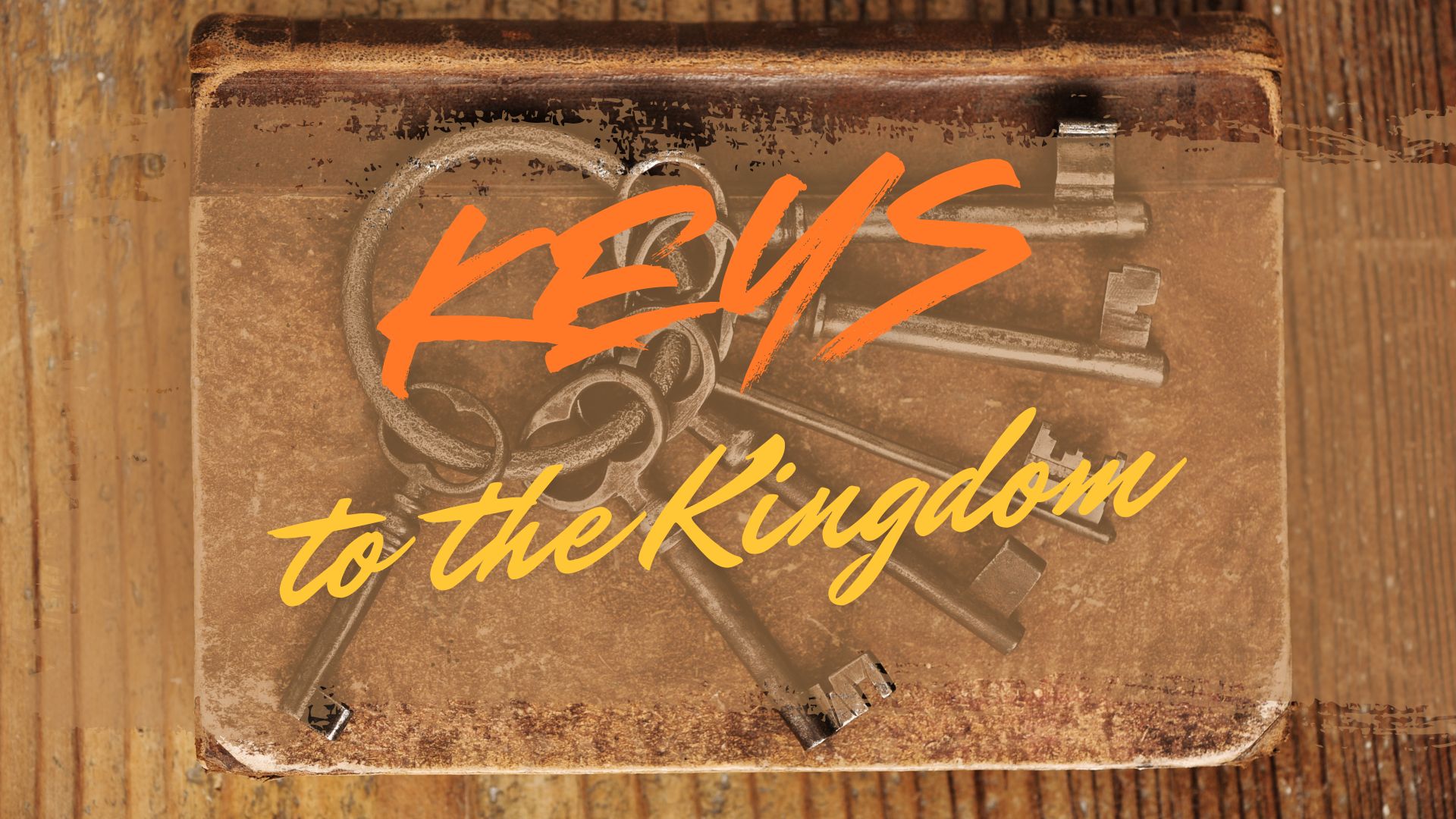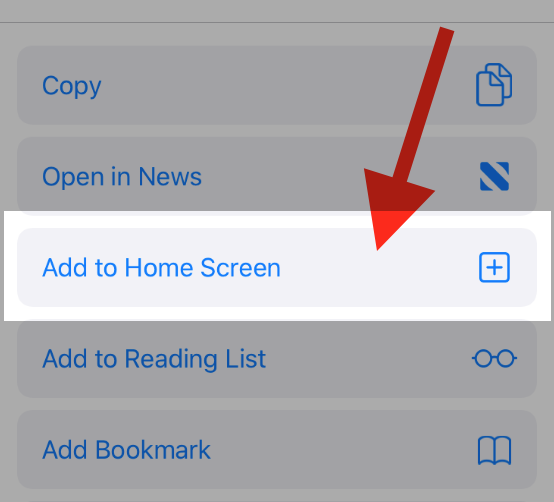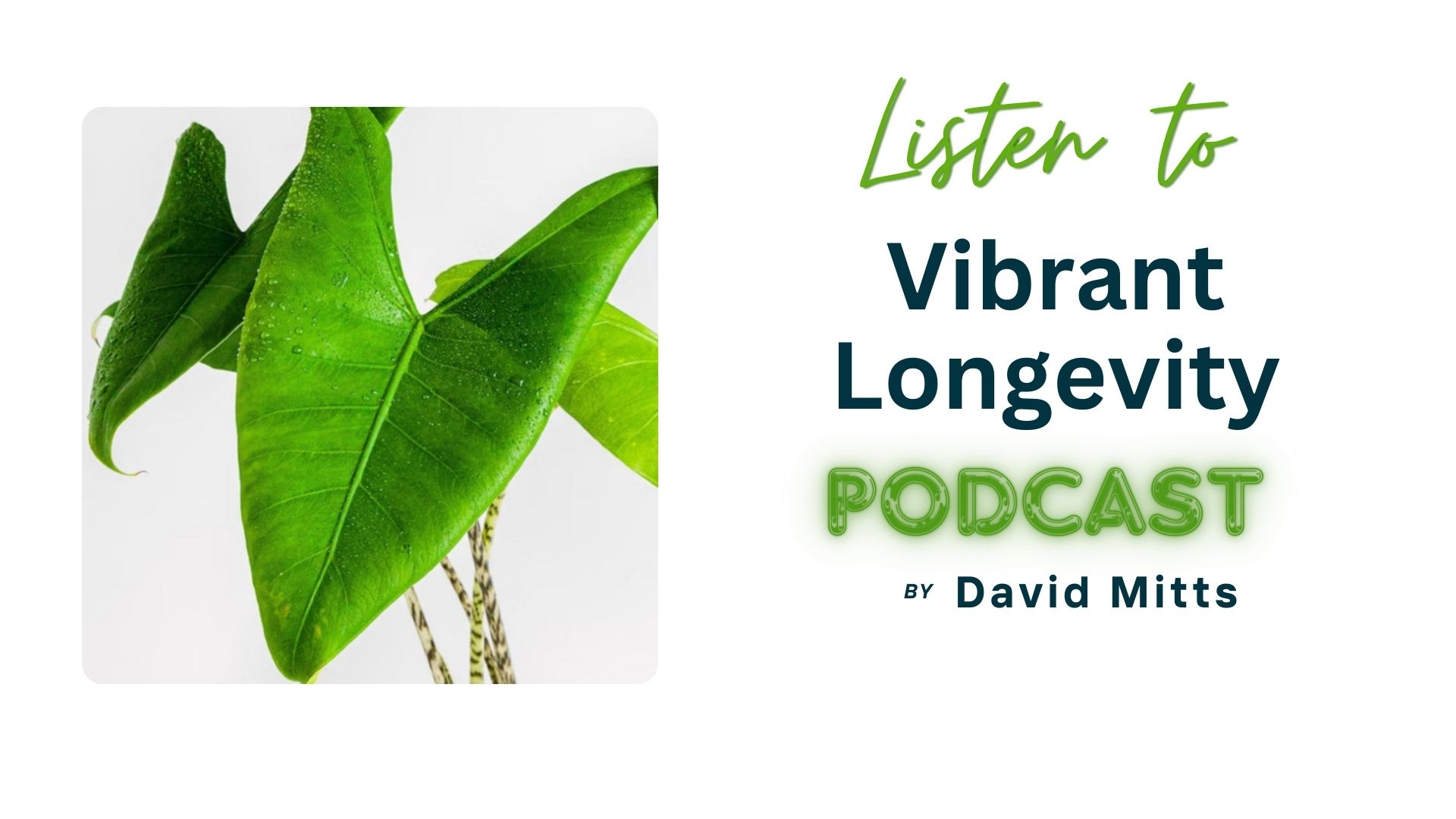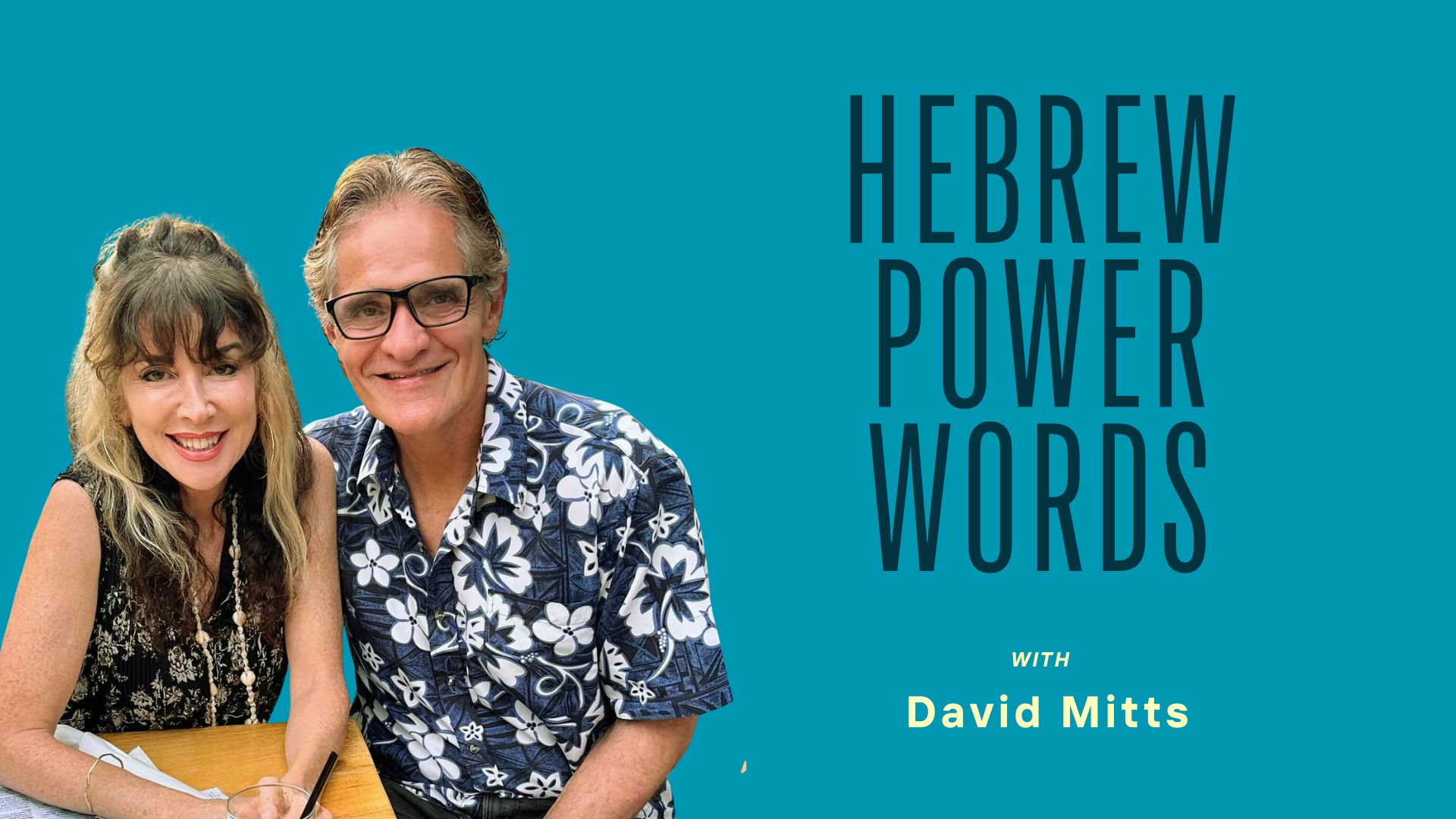
“I will give you the keys of the kingdom of heaven; and whatever you bind on earth shall have been bound in heaven, and whatever you loose on earth shall have been loosed in heaven.” (Mat 16:19, NASB)
A conversation we had many years ago in the ministry has come up again, and I felt the need to return to this teaching. Clearly, the term “keys of the kingdom” is critical to our successful operation with the Lord. Let’s turn to the original conversation where Yeshua tells the disciples about these power keys.
Context is critical: “Now when Yeshua came to the regions near Caesarea Philippi (Paneas; modern Banias), he asked his disciples, “Who do people say that the Son of Man is?'” (Mat 16:13)
We have been to this place several times when leading tours to Israel. This is a grotto area dedicated to the God Pan. Pan, from whose name we get the word “panic,” is known for the story of his seduction of children with his pipes. He also represents wild fertility without covenant. He had the lower body of a goat and horns. Biblically, he is connected to Genesis 6 and the corruption of humanity sexually by fallen angels, which occurs near Banias at Mount Hermon. This included bestiality and other dark practices, which corrupted humanity and brought satanic seed. It is therefore no accident that Yeshua goes to this specific spot to have this conversation. He will be contrasting covenant with God, who is the Creator of goodness, and the fallen angelic hierarchy which represents the embodiment of carnality and rejection of true love.
Let’s read on: “They said, “Some say John the Immerser; some, Elijah; and others, Jeremiah, or one of the prophets.” Yeshua asked them, “But who do you say that I am?” Answering, Simon Peter said, “You are Messiah, the Son of living God. (Mat 16:14-16)
This is one of the most important questions that each person has to answer. Who is Yeshua to us? Simon Peter answers the truth that will bring him and any others into a covenant with God, who is love.
Who or what is the Messiah? In Hebrew, the word means to be anointed with oil. Oil was smeared on a wound to heal it. The anointing is all about restoration and healing.
“The Spirit of the Lord GOD is upon me, Because the LORD has anointed me To bring good news to the afflicted; He has sent me to bind up the brokenhearted, To proclaim liberty to captives And freedom to prisoners; To proclaim the favorable year of the LORD And the day of vengeance of our God; To comfort all who mourn, To grant those who mourn in Zion, Giving them a garland instead of ashes, The oil of gladness instead of mourning, The mantle of praise instead of a spirit of fainting. So they will be called oaks of righteousness, The planting of the LORD, that He may be glorified.” (Isa 61:1-3)
Peter’s declaration contained the power of God to bring all of these healing and saving benefits of covenant. Yeshua responds:
“And Jesus said to him, "Blessed are you, Simon Barjona, because flesh and blood did not reveal this to you, but My Father who is in heaven. "I also say to you that you are Peter, and upon this rock I will build My church; and the gates of Hades will not overpower it.” (Mat 16:17-18)
What is the rock that Yeshua will build His kehillah, His assembly? Well, whatever it is, it is a defense against the gates of hell. What are the gates of hell, and how do they relate to this conversation?
Gates are biblically a place of power and authority where a person could enter the domain of another. Once you were received into a domain, you would be under the protection of that domain. So, what are the gates of hell? They are the entrance to the domain of death.
Jesus came to conquer death. “Therefore, since the children share in flesh and blood, He Himself likewise also partook of the same, that through death He might render powerless him who had the power of death, that is, the devil, and might free those who through fear of death were subject to slavery all their lives.” (Heb 2:14-15)
So, the revelation that Jesus is the Messiah, as revealed by the Father, has the authority to overcome the gates or the authority of death. How? Through covenant. We enter into covenant with the Lord, and we become His, inheriting eternal life.
Continuing, we read: “I will give you the keys of the kingdom of heaven; and whatever you bind on earth shall have been bound in heaven, and whatever you loose on earth shall have been loosed in heaven." (Mat 16:19)
What does this mean? Well, clearly, if this is related to the gates of hell and not being overcome by death, then these must be related to covenant, and not as many are using them for spiritual battle. If they were for spiritual battle, then they would replace the cross and the covenant. You see, when we enter the Kingdom gates, we exit the gates of hell. Not only do we exit them, but we are also overcomers against them. This is the gift of eternal life that comes from the covenant.
This is what it means to be the bride of Messiah. So, then what is the significance of binding and loosening? I think it is as simple as covenant. We bind ourselves by an oath to the Lord, and we loosen ourselves from all other attachments.
Let’s look at some examples:
“If a man makes a vow to the LORD, or takes an oath to bind himself with a binding obligation, he shall not violate his word; he shall do according to all that proceeds out of his mouth.” (Num 30:2)
I think this gives us a picture of what binding means. We are bound by our word.
Let’s look at another passage:
“"Also if a woman makes a vow to the LORD and binds herself by an obligation in her father's house in her youth, and her father hears her vow and her obligation by which she has bound herself, and her father says nothing to her, then all her vows shall stand and every obligation by which she has bound herself shall stand. "But if her father should forbid her on the day he hears of it, none of her vows or her obligations by which she has bound herself shall stand; and the LORD will forgive her because her father had forbidden her. "However, if she should marry while under her vows or the rash statement of her lips by which she has bound herself, and her husband hears of it and says nothing to her on the day he hears it, then her vows shall stand and her obligations by which she has bound herself shall stand. "But if on the day her husband hears of it, he forbids her, then he shall annul her vow which she is under and the rash statement of her lips by which she has bound herself; and the LORD will forgive her.” (Num 30:3-8)
This is a really good passage to study because it demonstrates the whole idea of authority. In either case, the woman in the example has bound herself by an oath, and the oath stands unless she is under another’s authority. We still get a clear understanding of binding in the biblical context of giving our word, which is the foundation stone of covenant. Yet we also see how yielding to a greater authority in our lives can free us from rash vows.
This is really important because we yield to the authority of the Lord to annul any ungodly beliefs we have made to ourselves, which can keep us bound to lies and pain.
When I was a child, I grew up in a very violent home with a lot of conflict. I heard and felt many word curses, and with the mind of a child, I made vows to myself based on those word curses.
Later in life, I had to go the Lord to experience the freedom that comes from His truth and then I could loose myself from those same curses.
What I want to make clear is this is about us, who we have authority over, not others, who we don’t have authority over. I can bind myself to the Lord or to another, like my wife, but I cannot bind you or anyone else. Nor can I bind demonic spirits. I can only bind myself to them, which of course I don’t ever want to.
Let’s finish up with a look at loosening. The Hebrew word is shalach, which means to send away or to release.
“You let your mouth loose in evil and your tongue frames deceit.” (Psa 50:19)
Again, this is related to the words we speak. In this verse, it tells us that undisciplined speech can be evil and be our undoing. I think it is important to also see the positive, which is really about releasing others through forgiveness, including forgiving ourselves.
In this context, we can see the operation of the kingdom of God. We bind ourselves in covenant, and we release ourselves and others through forgiveness. In this case, we are sending away the feelings that can cause us or others to stumble through unforgiveness.
Let’s take a step back now and see the big picture. Jesus is at Cesaria Philippi, the abode of demonic spirits of Pan and others. In this place of darkness, He asks Who is He? Peter answers that he is the Messiah, and this revelation becomes the foundation stone of the kehillah. Then, He proclaims overcoming the gates of hell and gives us power keys, binding and loosening. I think in the context of all His teachings, there is no way we can come away with an idea of battling demons and taking authority over Satan. That is just not our role; it is His, and He paid for that with His Life.
Activation: Examine your heart and allow the Lord to see where you might have bound yourself in an unhealthy way. Loose yourself from that and re-bind yourself to the Lord. This is true repentance and the foundation for oneness.
Related
Testimonials
Nancy L
Nancy L
Heading
To add this web app to your homescreen, click on the "Share" icon
![]()
Then click on "Add to Home"

To add this web app to your homescreen, click on the "Share" icon
![]()
Then click on "Add to Home"

It looks like your browser doesn't natively support "Add To Homescreen", or you have disabled it (or maybe you have already added this web app to your applications?)
In any case, please check your browser options and information, thanks!
It looks like your browser doesn't natively support "Add To Homescreen", or you have disabled it (or maybe you have already added this web app to your applications?)
In any case, please check your browser options and information, thanks!




Comments for